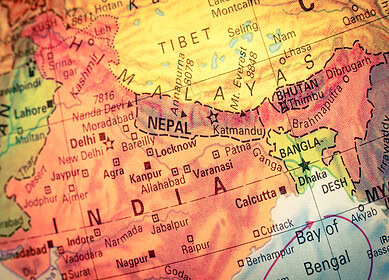Bangladesh negotiates supplies with Russian Prodintorg amidst sanctions

Bangladesh is strengthening diplomatic relations with Russia, particularly with the Russian state-run firm Prodintorg, amidst the ongoing Western sanctions following the Ukraine war. The move aims to ensure a steady supply of essential agricultural commodities, including lentils, sunflower oil, peas, and chickpeas, at competitive prices. This development followed a meeting last September between Ambassador Alexander Mantytskiy and Bangladesh’s Commerce Secretary Tapan Kanti Ghosh, culminating in an agreement to establish a Memorandum of Understanding (MoU) between the Bangladeshi Trading Corporation (TCB) and Prodintorg.
The local market in Bangladesh, however, faces uncertainty. Challenges such as the lack of direct banking transactions between Dhaka and Moscow and ongoing Western sanctions raise concerns about the feasibility of the trade deal. Despite these hurdles, the commerce ministry is actively working to mitigate the “overheated” local commodity market by ensuring an increased supply of goods.
The agreement is set to remain valid until June 2026, with the goal of facilitating subsidized commodity drives and addressing the sharp rise in food prices in Bangladesh, a situation exacerbated by the Ukraine war and the country’s depleting foreign exchange reserves. Traditionally reliant on Russia and Ukraine for vital food imports like wheat, sunflower oil, and fertilizers, Bangladesh has found itself compelled to look for alternative sources to maintain domestic stability.
Despite the global sanctions, market optimism persists, with many believing that the deal will proceed without significant issues. Russia’s existing trade relationships with countries like Pakistan and Bangladesh, involving various commodities including crude oil and utilizing currencies like the Russian Ruble, the US Dollar, and the Indian Rupee, provide a precedent for working trade agreements.
Prodintorg has been a critical partner for Bangladesh since 2013, serving as the sole government-to-government (G2G) supplier of agricultural products and fertilizers. The firm’s track record includes supplying over 1.3 million metric tonnes of potash fertilizer and 1.5 million metric tonnes of milling wheat to Bangladesh.
Enjoyed this story?
Every Monday, our subscribers get their hands on a digest of the most trending agriculture news. You can join them too!














Discussion0 comments